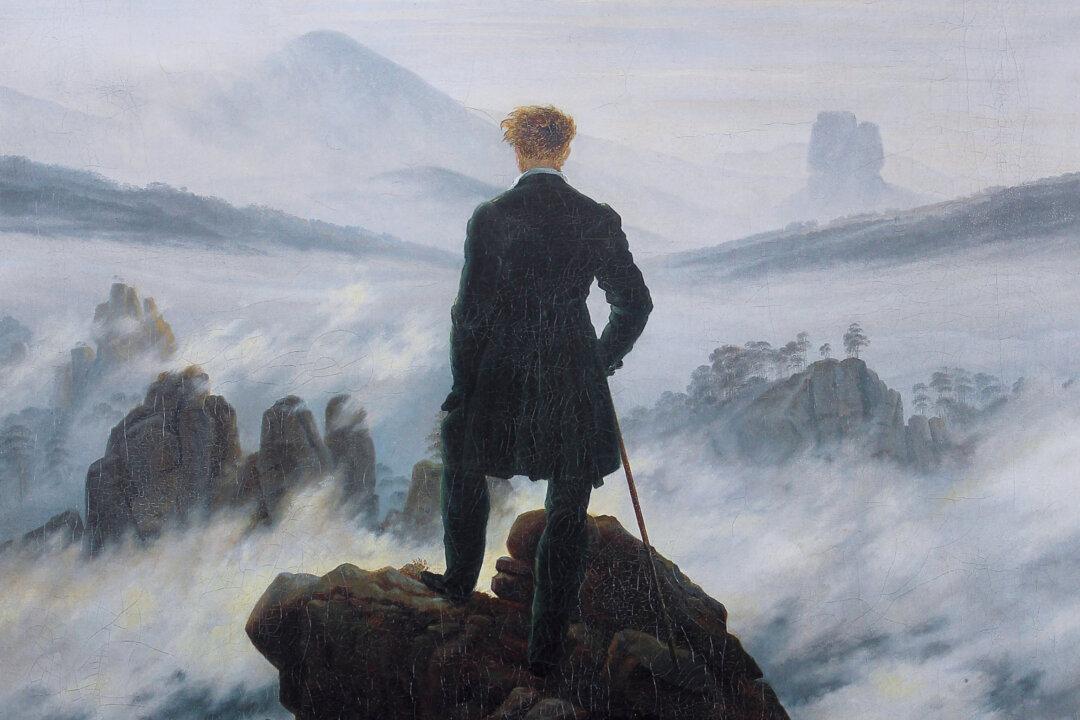Why does existence exist? This is the first spiritual question we asked (in Part 2 of this series). The answer: because creation—the cosmos—is good, very good, and the correct response to it is joy. But there are two other spiritual questions we now need to consider. The first of these, to be discussed here in part 3, is extremely well known to anyone who has ever done a serious personal development course. Namely, what is the meaning (or sometimes the word “purpose” is used) of my life? There is the question, in its naked intensity!
There is an apocryphal story about the world-famous English philosopher Bertrand Russell, who had been appearing on television as an all-purpose-wisdom pundit and so was recognized by a London taxi driver whom Russell had hailed for a lift. In getting into the taxi, the driver simply asked, “What’s it all about, Bert?”






